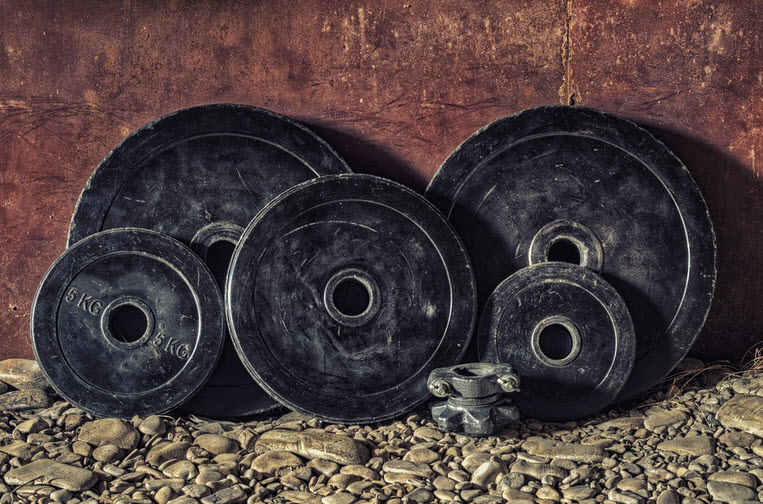
Miller said a good example of this work would be push-ups or light leg presses for 10 to 20 second reps.
These lighter regimens, if you prefer them, might give your testosterone a boost as well. Bradley Anawalt, MD, an endocrinologist and a professor at the University of Washington School of Medicine, said that blood testosterone levels increase immediately after resistance training and return to normal 30-60 minutes after recovery.
RELATED: Age Is At Least 70% Meaningless When It Comes to Fitness
“This response is probably true for light/more reps and heavy/fewer reps,” he said.
In general, dropping any extra poundage is going to be the key to boosting levels naturally, Anawalt said, and any resistance training at least 3 times weekly will “increase strength, sense of well being, and may facilitate weight loss that may raise blood testosterone concentrations.”
“(It) may improve sexual function, too,” Anawalt said.
For those heavy lifting-lovers out there, Miller doubts this new information will change their regimens.
“I don’t think heavy lifters will lighten their loads because for many it’s not just about the strength/size gains but about the activity itself. I think some people get that fix from pushing it to the max with heavy lifting and I don’t think 25 reps of lighter weights can do the trick.”
And, despite the similar results, Miller still recommends some heavy work if you can to get more bang for your buck, with beginners starting slowly.
“For folks just looking to get healthy and reasonably fit, they just need to start picking up heavy objects and moving them around,” he said. “The weights and rep scheme aren’t so important.”


